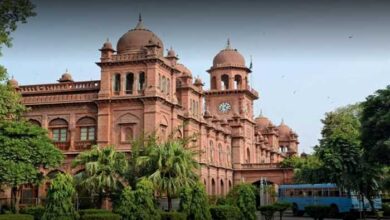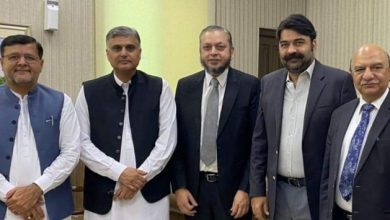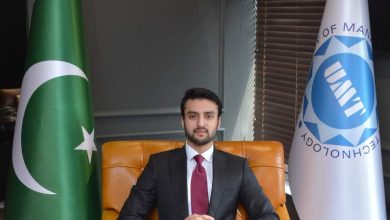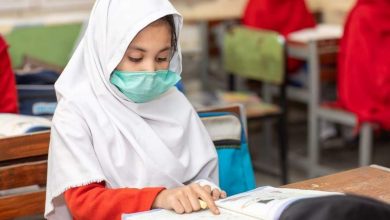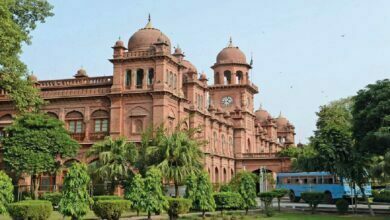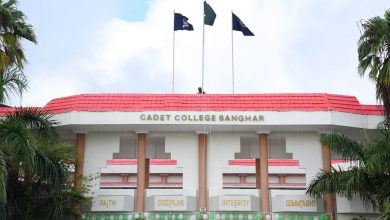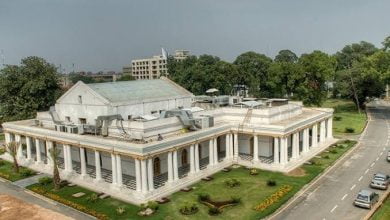Malala Yousafzai appeared on the British Vogue Magazine cover for girls’ education cause. Malala said, “I know the power that a young girl carries in her heart when she has a vision and a mission – and I hope that every girl who sees this cover will know that she can change the world. Thank you.”
Malala Yousafzai is an internationally acclaimed Pakistani activist for female education and the youngest Nobel Prize laureate.
She is known for human rights advocacy, especially the education of women and children in her native Swat Valley in Khyber Pakhtunkhwa, northwest Pakistan, where the local Taliban had at times banned girls from attending school.
Her advocacy has grown into an international movement, and according to former Pakistani Prime Minister Shahid Khaqan Abbasi, she has become “the most prominent citizen” of the country.
Even the youngest Nobel Peace Prize winner in history is not immune to the occasional life freak-out. “This is a question I have for myself every night,” Malala Yousafzai says with a groan when I ask her where she sees herself in 10 years’ time. “Lying awake in bed for hours thinking, ‘What am I going to do next?”
Malala – fresh from the previous day’s Vogue shoot and still only 23 years old – goes on, “Where do I live next? Should I continue to live in the UK, or should I move to Pakistan or another country? The second question is, who should I be living with? Should I live on my own? Should I live with my parents? I’m currently with my parents, and my parents love me, and Asian parents especially, they want their kids to be with them forever.”
We sit in a quiet corner of a central London hotel. Malala’s hair is loose and uncovered. Her headscarf rests on the nape of her neck. “I wear it more when I’m outside and in public,” she says, seated at a quiet table, her discreet security detail sitting nearby. “At home, it’s fine. If I’m with friends, it’s fine.” The headscarf, she explains, is about more than her Muslim faith. “It’s a cultural symbol for us Pashtuns, so it represents where I come from. And Muslim girls or Pashtun girls or Pakistani girls, when following our traditional dress, we’re considered to be oppressed, voiceless, or living under patriarchy. I want to tell everyone that you can have your own voice within your culture, and you can have equality in your culture.”
For almost 13 years, ever since she began campaigning for girls’ rights in Pakistan as an 11-year-old, this has been Malala’s message to the world. Under Taliban rule in the city of Mingora in Pakistan’s Swat Valley, Malala – all girls – were banned from attending school. Her refusal to forgo her right to education led to an attack on her life aged 15, when a Taliban gunman shot her and two classmates as they traveled home from school in a bus in October 2012. She was airlifted to Queen Elizabeth Hospital Birmingham with her father, Ziauddin, mother, Toor, and younger brothers, Atal and Khushal, made a miraculous recovery – and doubled down on her activism.



